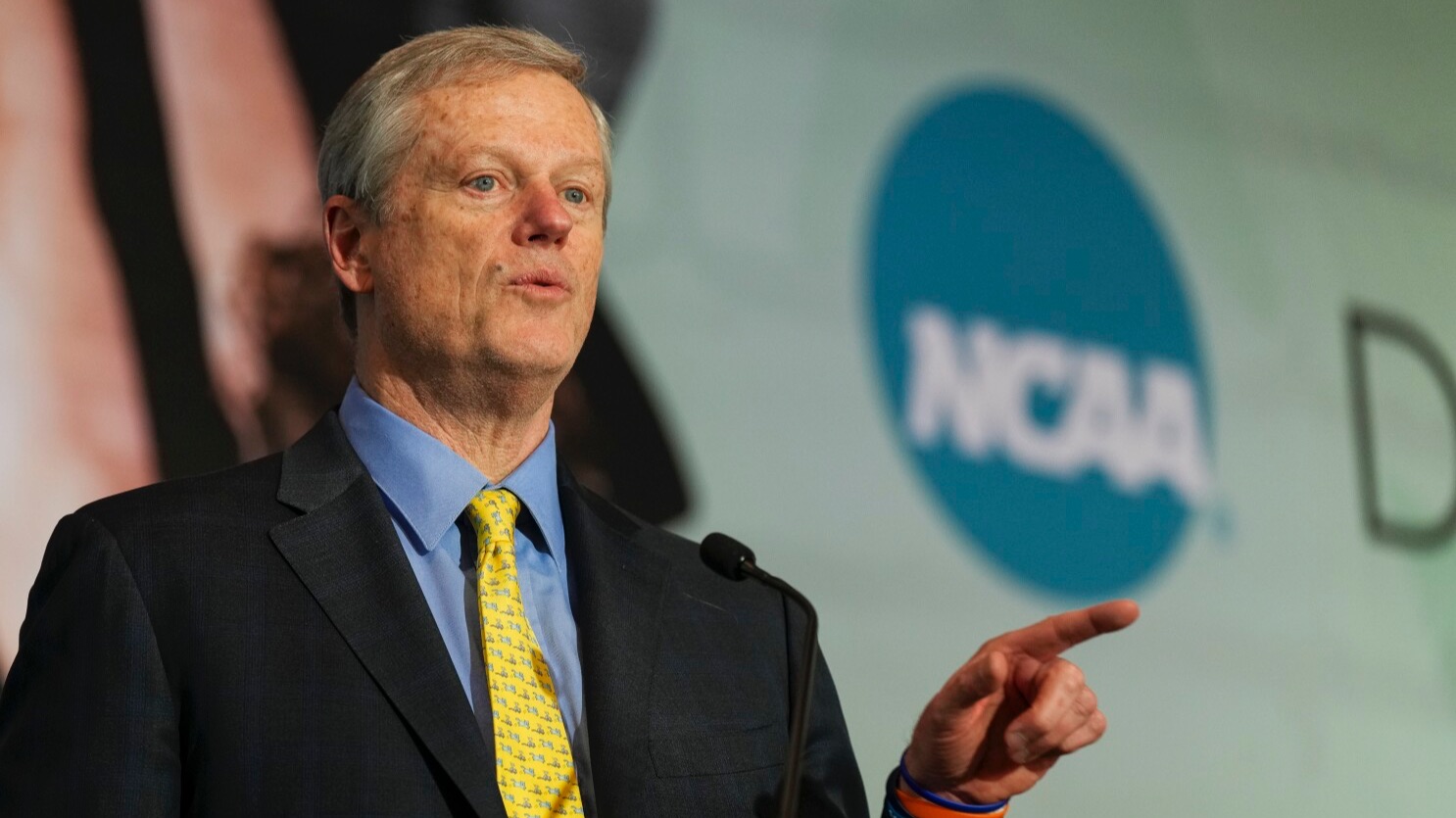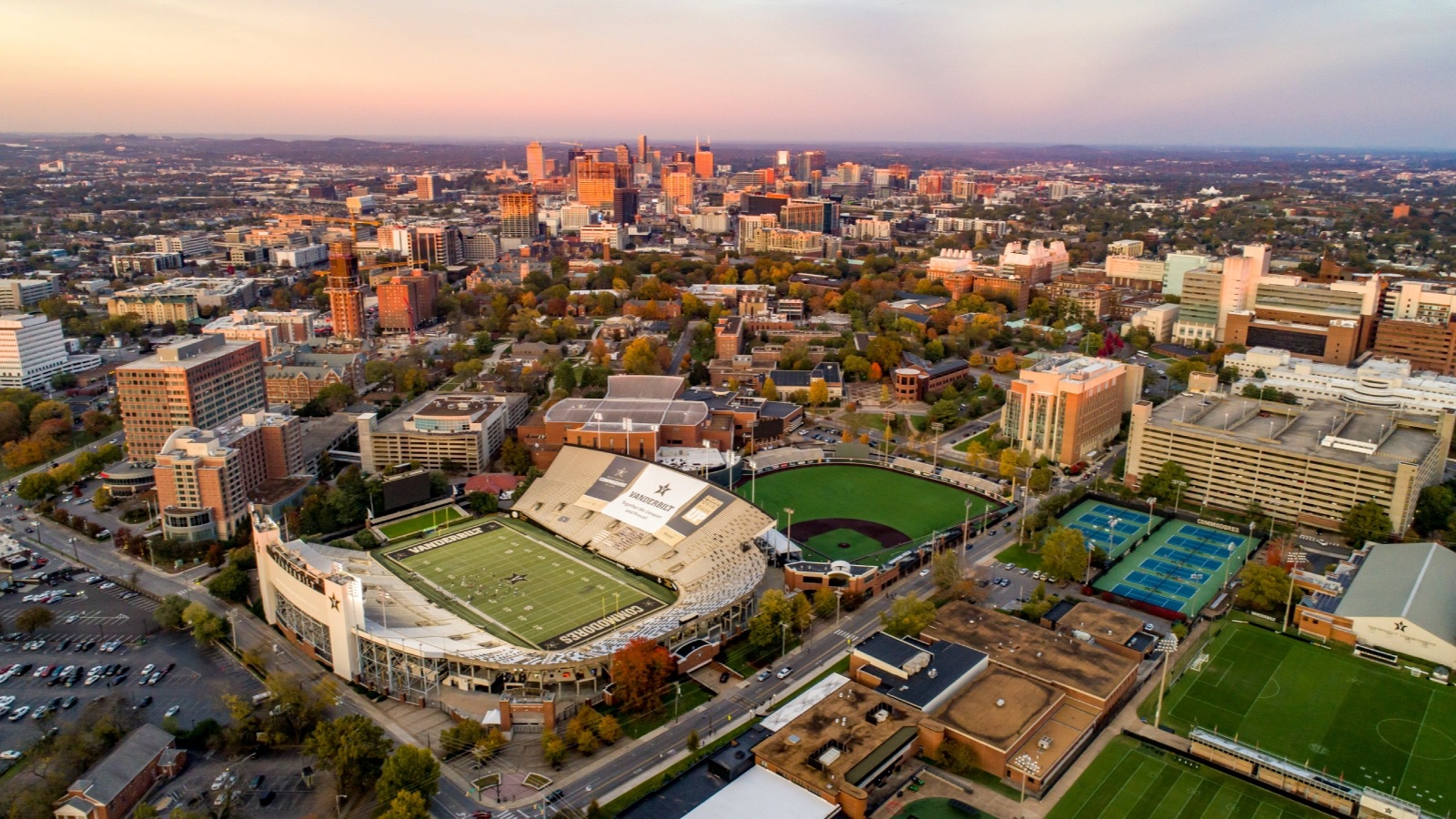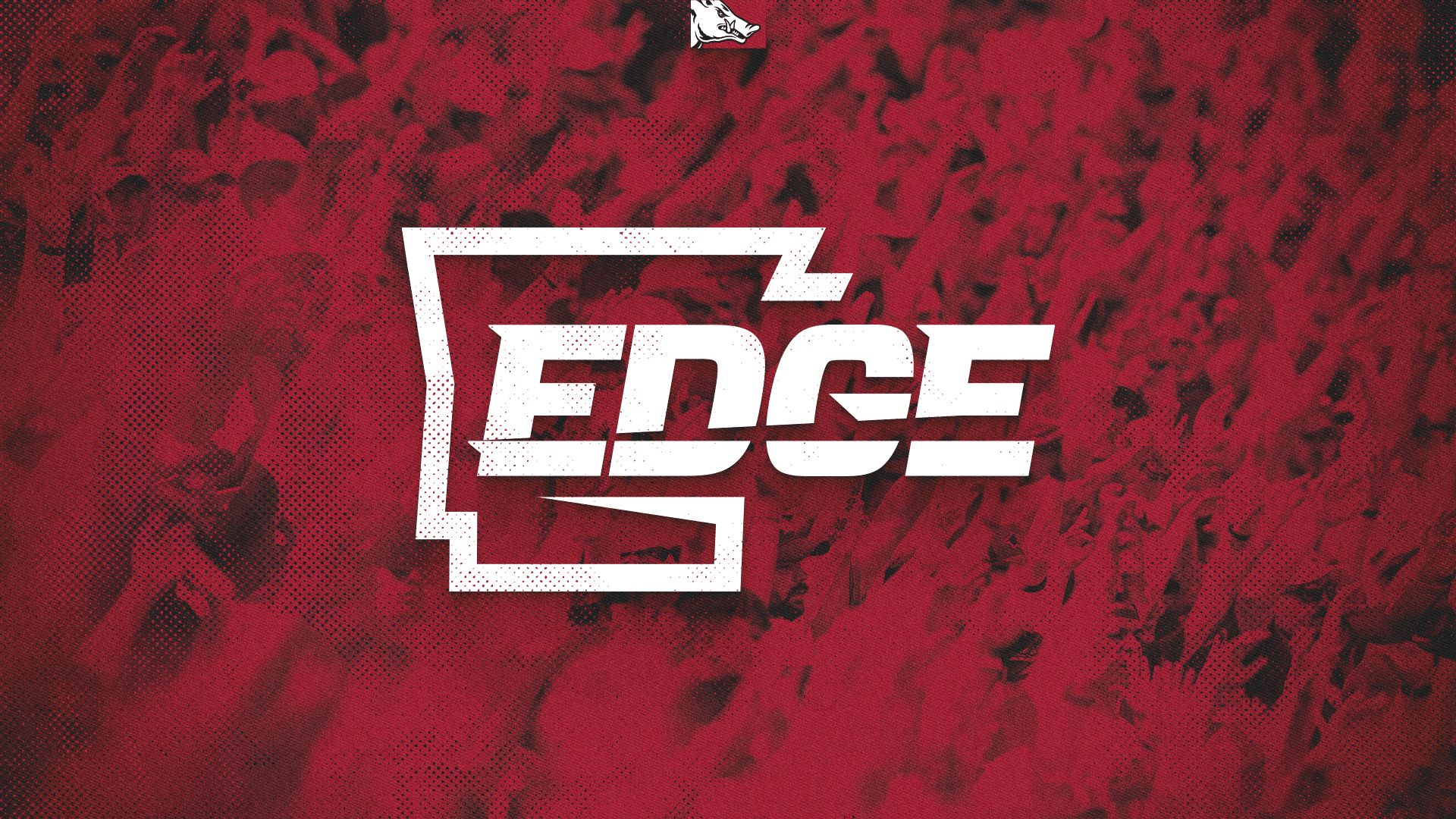The NCAA Begins to Crack Down on NIL
May 06, 2023
With many schools and boosters wanting to obtain great athletic talent, the NIL deal offerings are only getting higher and higher. When asked about the current state of NIL, Ohio State Football coach Ryan Day has stated, “If the speed limit’s 45 miles per hour, and you drive 45 miles per hour, a lot of people are going to pass you by, but if you go too fast, you’re going to get pulled over.” This quote illustrates that schools will only keep “inching” forward in order to have the most attractive deal. However, there will be a point where it is out of hand, and there will need to be regulation.
It is no secret that the world of NIL lacks external regulation, making it easy for rules, such as pay-for-play, to be bent. This past year, athletes have made headlines for extremely high NIL deals, such as University of Miami commit and four-star quarterback Jaden Rashada who is to earn $9.5 million for his name, image, and likeness. While the insanely high NIL deals are not representative of 99% of student-athletes, they illustrate how much money people are willing to front in order to attract talent.

John Ruiz, the University of Miami booster who was associated with Jaden Rashada’s $9.5 million headline, has supposedly been interviewed by the NCAA’s enforcement staff. In addition, the NCAA met with Ruiz in order to “gain a foothold” in policing NIL deals as a means of “pay-for-play.” While the NCAA prohibits boosters from recruiting athletes and prohibits schools from arranging deals, state legislation makes it challenging for the NCAA to truly put its foot down. However, Ruiz’s voluntary meeting with the NCAA is the beginning of the NCAA understanding the boosters’ intentions and how far they are willing to go.
In Nevada, an interim committee created to study the usage of NIL deals emphasized the need for a “ .” The committee believes that a national policy will help to lessen the inconsistencies between state laws and help create more strict guidelines. This committee also suggested that NIL policy should “consider the status of international student-athletes,” as there are great limitations due to F-1 student visas. In addition to regulation, it is also recommended that students are provided educational support to help them with financial literacy and aid them in navigating these NIL waters.
While the NCAA is in the early stages of attempting to control the NIL world and states are beginning to seek regulation, there is still much to be done by the NCAA to level the NIL playing field. As Ryan Day stated, eventually schools will exceed the speed limit and get pulled over. When that does happen, there is no telling how it will impact collegiate athletics.

To learn more about how the dynamic between the NCAA and NIL, check out the CleanKonnect NIL Certification Course.
Stay in the loop with key NIL Happenings!
Join our mailing list to receive weekly NIL newsletters on key developments in the NIL landscape.
We love NIL, but hate SPAM. We will never sell your information, for any reason.





